Seasonal Allergies/Hay Fever: What it is and How to Treat the Symptoms Naturally
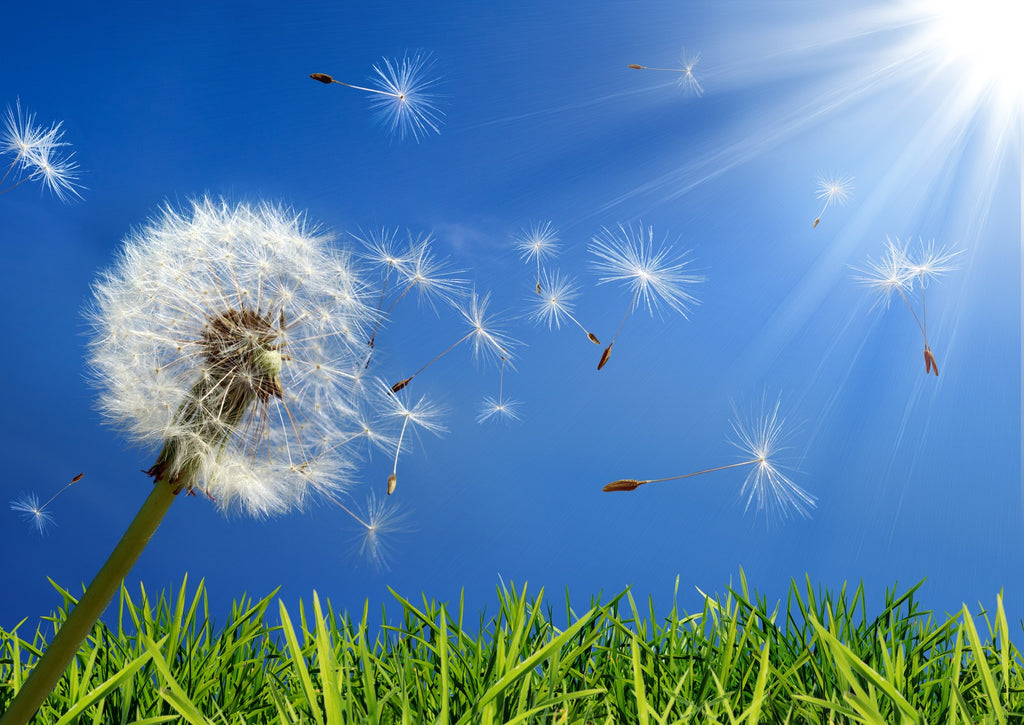
What is Hay Fever?
Hay fever, more properly known as allergic rhinitis, is the fifth most prevalent disease in the U.S., with symptoms resembling those of a head cold (e.g. nasal congestion, sneezing, runny nose, etc.) Despite its name, hay fever has nothing to do with hay or a fever; in fact, hay is rarely an allergen in humans and fever is not a symptom of allergic rhinitis.
Hay fever arises in certain individuals due to an allergic response to airborne substances, like pollen or mold spores. Seasonal allergic rhinitis tends to be most common during the spring and summer seasons.

Here are some fast facts on allergic rhinitis (hay fever):
- Symptoms resemble those of the common head cold (sneezing, runny/congested nose, itchy eyes or nose, watery eyes, sinus pressure, etc.)
- In 2016, The Center for Disease Control reports that upwards of 20 million people aged 18 years or older were diagnosed with allergic rhinitis throughout the U.S. (which is roughly 8% of the adult population). About 6.1 million children were diagnosed with the disease in the U.S. (approximately 9% of the child population).
- Seasonal allergies are most prevalent in the spring and summer (and earlier parts of fall).
- Seasonal allergies are generally caused by allergic response to airborne pollen or mold spores.
- Treatments range from reducing/avoiding exposure to allergens, allergy shots, medication/dietary supplements, and immunotherapy.
This article is going to detail some of the prudent and practical ways to naturally treat and reduce symptoms of seasonal allergies (hay fever).
Nutrients to Defend Against Seasonal Allergies
Eating a healthy diet is certainly the first line of defense for many Neolithic diseases. However, due to modern agriculture and food processing techniques, many key nutrients are lacking in our food supply. This is where the right dietary supplements come into play for defending against hay fever/seasonal allergies.
There are three nutrients in particular that have significant clinical evidence demonstrating their protective qualities against hay fever symptoms:
- Quercetin
- Glutathione
- N-Acetyl-L-Cysteine (NAC)
Quercetin for Reducing Seasonal Allergy Symptoms
Some physicians may recommend taking an antihistamine - like Benadryl - to treat hay fever symptoms. However, there is a natural polyphenol, called quercetin, that has similar physiological actions.
Many of the symptoms you experience from hay fever arise due to the actions of mast cells - a type of white blood cell that is rich histamine and produces cytokines. Mast cells are abundant in many tissues, especially the skin, as well as the mucosa of the lungs, mouth, nose, and gastrointestinal tract.
Mast cells induce allergic reactions by binding immunoglobulin E (IgE), which primes them to release cytokines and histamine. This reaction stimulates an inflammatory response in the affected regions, causing itching, swelling, pain, and redness.
Research shows that quercetin is effective for blocking the cytokine and histamine release from mast cells, especially in the sinus and nasal regions. In other words, quercetin acts like a natural antihistamine which can reduce the symptoms of hay fever. Moreover, quercetin has strong antioxidant properties in humans, which in turn can reduce inflammatory response to reactive oxygen species.
Quercetin is naturally found in various plant foods such as berries, kale, and broccoli. Unfortunately, most people consume nowhere near a clinically-effective amount of quercetin in their diet. The most prudent option is to supplement with Progressive Nutracare Mitochondrial Support, which contains a research-backed dose (500 mg per serving) of quercetin.
Glutathione for Natural Immune Support
Physiologically, glutathione is a tripeptide that serves as a key antioxidant throughout the body by neutralizing free radicals and reactive oxygen species. It is involved in a multitude of metabolic reactions affecting every system in the body, especially the nervous system, immune system, and gastrointestinal system.
Since glutathione is one of the body’s major endogenous antioxidants and also involved in many metabolic reactions, low levels of this peptide are correlated with higher levels of oxidative stress and impairments in many bodily systems (especially immune function).
A recent clinical study demonstrated that liposomal glutathione supports immune cell defense by restoring/increasing levels of key immune factors that protect against microbial agents and viruses, including TH1 cytokines, IL-1β, IL-12, IFN-γ, and TNF-α. Thus, glutathione helps defend against the symptoms of seasonal allergies and fortify your immune system.
Supplementing with Progressive Nutracare Liposomal Glutathione rapidly supports healthy glutathione status in the body through innovative liposomal technology - an advanced form of glutathione delivery.
Moreover, it is imperative to consider using liposomal glutathione as age increases, as research shows glutathione levels are significantly lower in otherwise healthy elderly subjects.
NAC: A Mucolytic Amino Acid
L-cysteine is not abundant in many foods, and dietary consumption of this amino acid is limited in most humans. This may be part of the reason glutathione levels are decreasing in recent decades, since L-cysteine is a precursor to glutathione.
Being an acetylated form of the amino acid L-cysteine allows NAC to be readily absorbed (whereas normal L-cysteine tends to be significantly degraded by first-pass metabolism).
NAC appears to be a potent mucolytic agent and is commonly prescribed in various countries to treat pneumonia. Mucolytic agents are nutrients that assist in breaking down mucus. As such, using mucolytics can help reduce seasonal allergy symptoms, such as congestion and clogged nasal passages.
Research demonstrates the effectiveness of NAC as a mucolytic agent in the treatment of a variety of pulmonary disorders, which tend to cause overexpression of mucins in the lungs. Mucins are glycosylated proteins (protein combined with a carbohydrate) that serve as a main component of mucus. NAC works to divide the disulfide bond of a mucin protein backbone, making adhesive mucus water-soluble (and thus, easier to flush out of the system).
Progressive Nutracare NAC contains 1200 mg of pure N-Acetyl-L-Cysteine per serving, helping to support glutathione production and reduce symptoms of seasonal allergies.
Take-Home Points
Hay fever is a debilitating condition for a large percentage of adults and children. No one likes feeling congested and dealing with runny nose, especially during the warmer spring and summer seasons when outdoor activities are more accessible.
The good news is that the symptoms of seasonal allergies are readily treatable with the research-backed supplements discussed in this article. Supplementing with Progressive Nutracare Mitochondrial Support, Progressive Nutracare Liposomal Glutathione, and Progressive Nutracare NAC gives your body the nutrients it needs to defend against hay fever symptoms and prime your immune function.
- Joshua Lovern

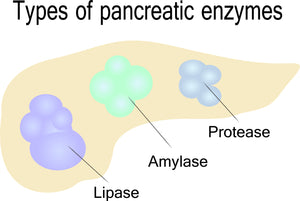

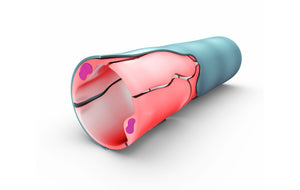
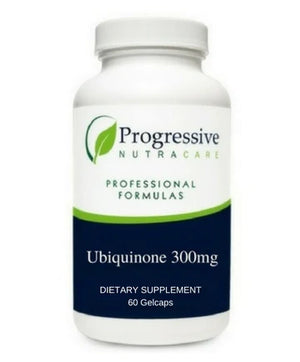
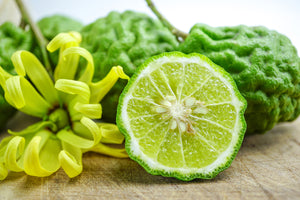
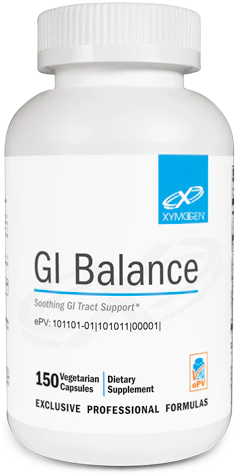
Comments 1
Sandra Edwards
I have been taking nac and quercetin bc quercetin helps in the absorption of nac. My question is how long should I take them both? Thanks